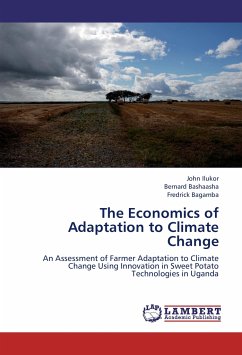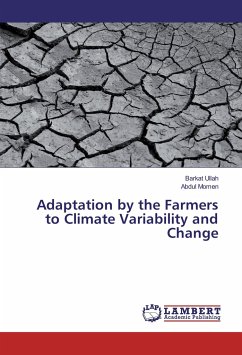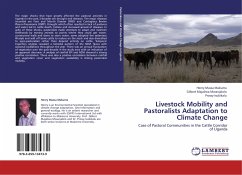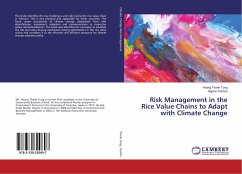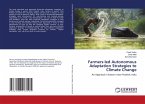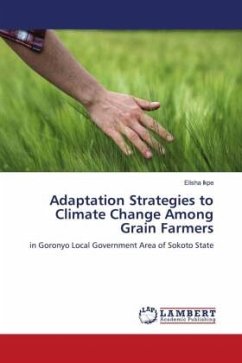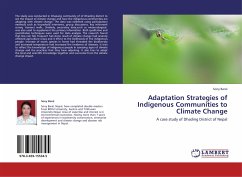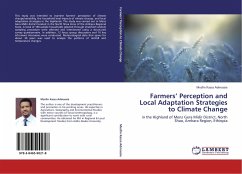Sweet potato technologies, like drought resistant varieties and virus cleaned planting material have shown resilience of agricultural systems to climate change related effects. However, adoption of these technologies is very low in Uganda. This study was designed to assess the adoption potential of these technologies by rural farm household under climate change conditions. Data were collected from Kabale and Soroti districts using household survey, focused group discussion and secondary sources. The Tradeoff Analysis, Minimum Data Model Approach was employed to estimate the adoption potential of alternative practices under climate change. Results from focused group discussion reveal that farmers have developed different adaptation strategies to climate change such as swamp reclamation, migration to other areas, mixed cropping among others. Results from the model show that adoption potential under climate change is high and varies depending on agro-ecological zones, wealth status and opportunity costs of adopting the technology. Further research is needed to to explore joint adoption of crop technologies that have shown resilience to climate related effects.
Bitte wählen Sie Ihr Anliegen aus.
Rechnungen
Retourenschein anfordern
Bestellstatus
Storno

